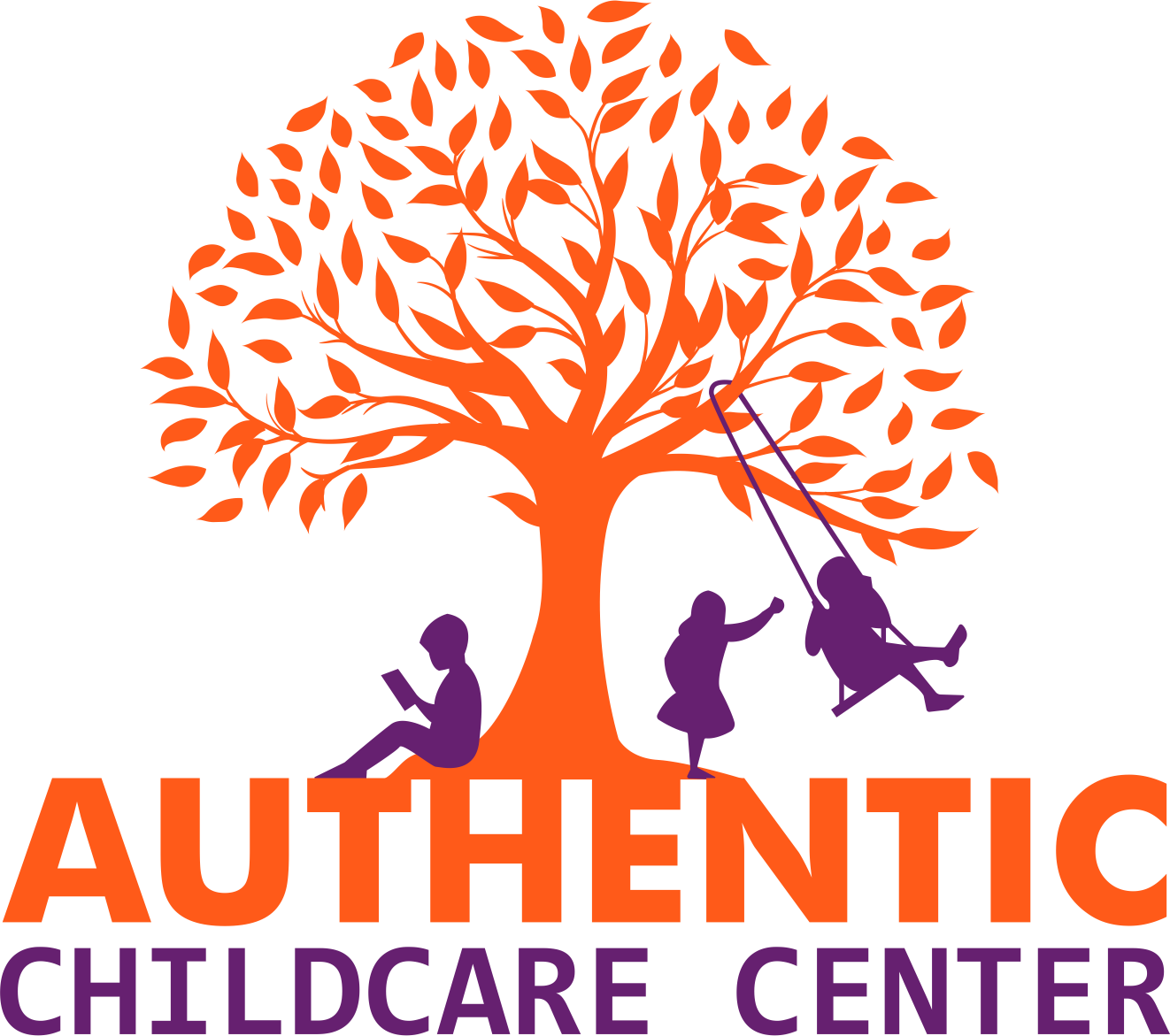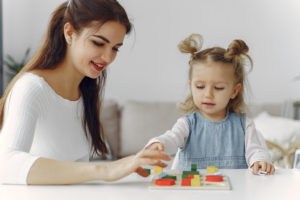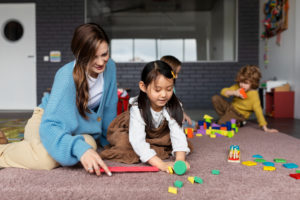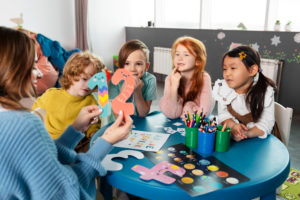Understanding and responding to children’s behaviors is an essential aspect of caring for children. Here are some key steps for understanding and responding to children’s behaviors:
Observe and Listen: Observing and listening to children is the first step in understanding their behaviors. Paying attention to their facial expressions, body language, and verbal communication can help you understand their needs and feelings.
Consider the Context: The context in which the behavior occurs is also important. Understanding the child’s environment, routines, and experiences can help you identify possible triggers for their behavior.
Consider Developmental Needs: Understanding the child’s developmental needs is also essential for understanding their behavior. Children’s behavior can be influenced by their stage of development, such as their physical, social, and emotional development.
Respond with Empathy and Understanding: Responding with empathy and understanding can help build trust and rapport with the child. Acknowledging their feelings and validating their experiences can help the child feel heard and understood.
Set Clear Boundaries and Expectations: Setting clear boundaries and expectations can help children understand what is expected of them and provide a sense of structure and predictability. This can also help prevent challenging behaviors by providing a clear framework for positive behavior.
Use Positive Reinforcement: Using positive reinforcement, such as praise and rewards, can help encourage positive behavior and reinforce expectations. This can also help build the child’s self-esteem and motivation.
Provide Support and Guidance: Providing support and guidance can help children learn new skills and coping strategies. This can include teaching problem-solving skills, providing emotional support, and helping children learn appropriate ways to express their emotions and needs.
By understanding and responding to children’s behaviors in a thoughtful and compassionate way, parents and educators can help children feel supported and empowered, and build strong relationships with them.












